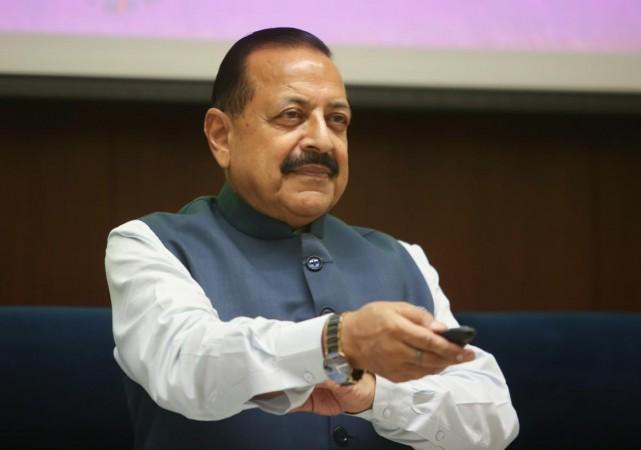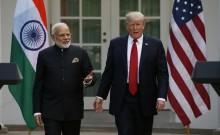
In a landmark move to enhance the research environment in India, the General Finance Rules (GFR) have been revised to streamline the procurement of scientific equipment and consumables. Announced by Jitendra Singh, Union Minister of State for Science and Technology, this reform is set to significantly impact research institutions across the nation. The announcement, made on June 7, 2025, is part of a broader strategy to foster innovation and ease the process of conducting research in India.
The GFR serves as the financial framework for the Indian government, detailing procedures for managing public finances. These rules apply to central government ministries, departments, and autonomous bodies with their own financial regulations. They cover various aspects of financial management, including budgeting, procurement, expenditure, and accounting. The recent amendments specifically target the procurement process, which has historically been a challenge for research institutions.

Jitendra Singh highlighted the importance of this reform on social media, stating, "Here is a heartening news and a major breakthrough for young aspiring startups, innovators, and researchers: In a landmark step enabling ease of doing research, the GFR rules have been simplified for procurement of scientific equipment and consumables." This statement underscores the government's commitment to creating a supportive environment for research and innovation.
Enhanced Autonomy and Flexibility
The simplification of the GFR rules is expected to reduce delays in the procurement process, thereby enhancing the autonomy and flexibility of research institutions. This change will empower them to innovate more rapidly and efficiently. Singh further emphasized, "This will reduce delays, also enhance autonomy and flexibility for research institutions -- empowering them to innovate faster." The reform is seen as a transformative step that will accelerate India's journey towards becoming a technology-driven nation, or "Viksit Bharat," as praised by Prime Minister Narendra Modi.
An Office Memorandum dated June 5, 2025, provides details of the new procurement guidelines. It allows Vice-Chancellors, directors of scientific organizations, and academic institutions to make non-Government e-Marketplace (GeM) procurement of scientific equipment and consumables. This is a significant shift from the previous requirement of using the Government e-Marketplace, which often posed challenges for institutions needing specialized or imported equipment.
The new rules apply to a wide range of departments and institutions, including the Departments of Science and Technology, Biotechnology, Scientific and Industrial Research, Atomic Energy, Space, Earth Sciences, and the Defence Research and Development Organization. Additionally, the Indian Council of Agricultural Research (ICAR) and its affiliated institutions and universities, as well as the Department of Health Research (DHR) and the Indian Council of Medical Research, are covered under the new guidelines.
Increased Procurement Limits
One of the key changes in the GFR is the increase in the limit for the purchase of goods without quotation, which has been raised from Rs. 1,00,000 to Rs. 2,00,000. Similarly, the limit for purchases by the Purchase Committee has been increased to Rs. 2,00,000 and up to Rs. 25,00,000. For the Limited Tender Enquiry (LTE), the amended limit is now up to Rs. 1 crore, while for Advertised Tender Enquiry, the new limit is above Rs. 1 crore. These changes are expected to provide greater flexibility to scientific ministries to import and buy equipment necessary for research.
The reform is part of a broader strategy to enhance India's research and innovation ecosystem. The government has been actively working to position India as a global leader in science and technology. This includes initiatives like the "Anusandhan" National Research Foundation (ANRF), which aims to anchor upscaled collaborations involving private players. The ANRF is envisioned as a critical organization for all science ministries and departments across the government, with a focus on aligning research outcomes with national priorities and market readiness.
The ANRF's newly appointed CEO, Dr. Shivkumar Kalyanaraman, has outlined a bold roadmap that includes catalytic funding models, deep private sector integration, and AI-led scientific acceleration. The agency is set to model its functioning on globally successful institutions like the National Science Foundation (NSF) and the Defense Advanced Research Projects Agency (DARPA), launching cross-ministerial missions focused on economic growth and societal impact.

















